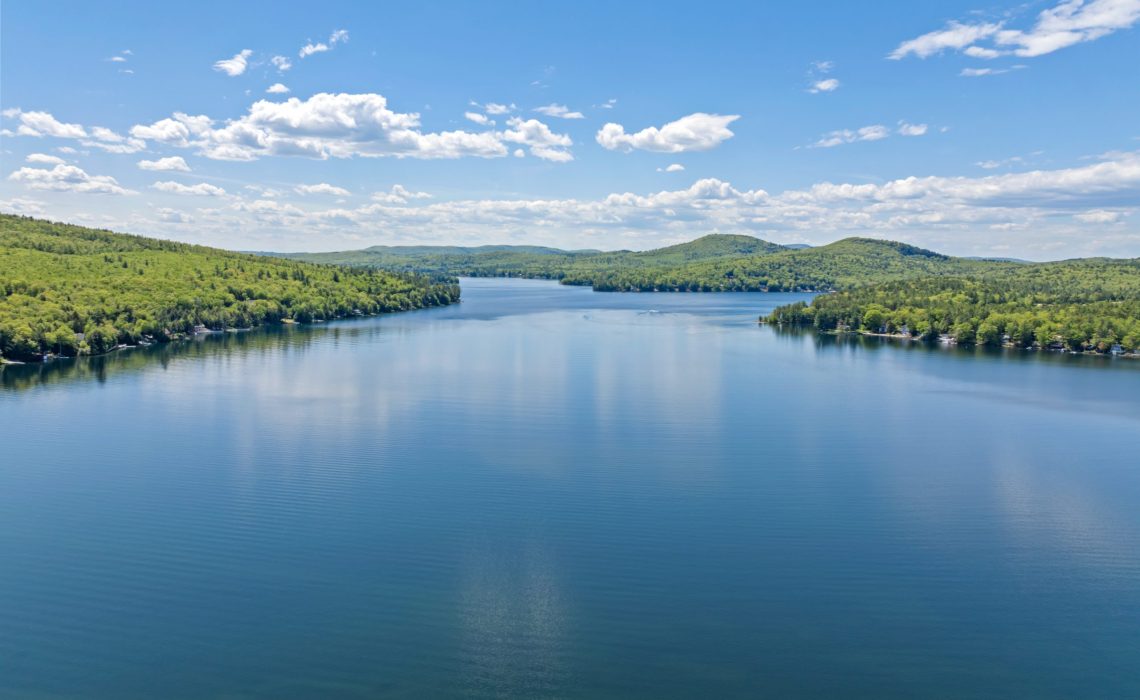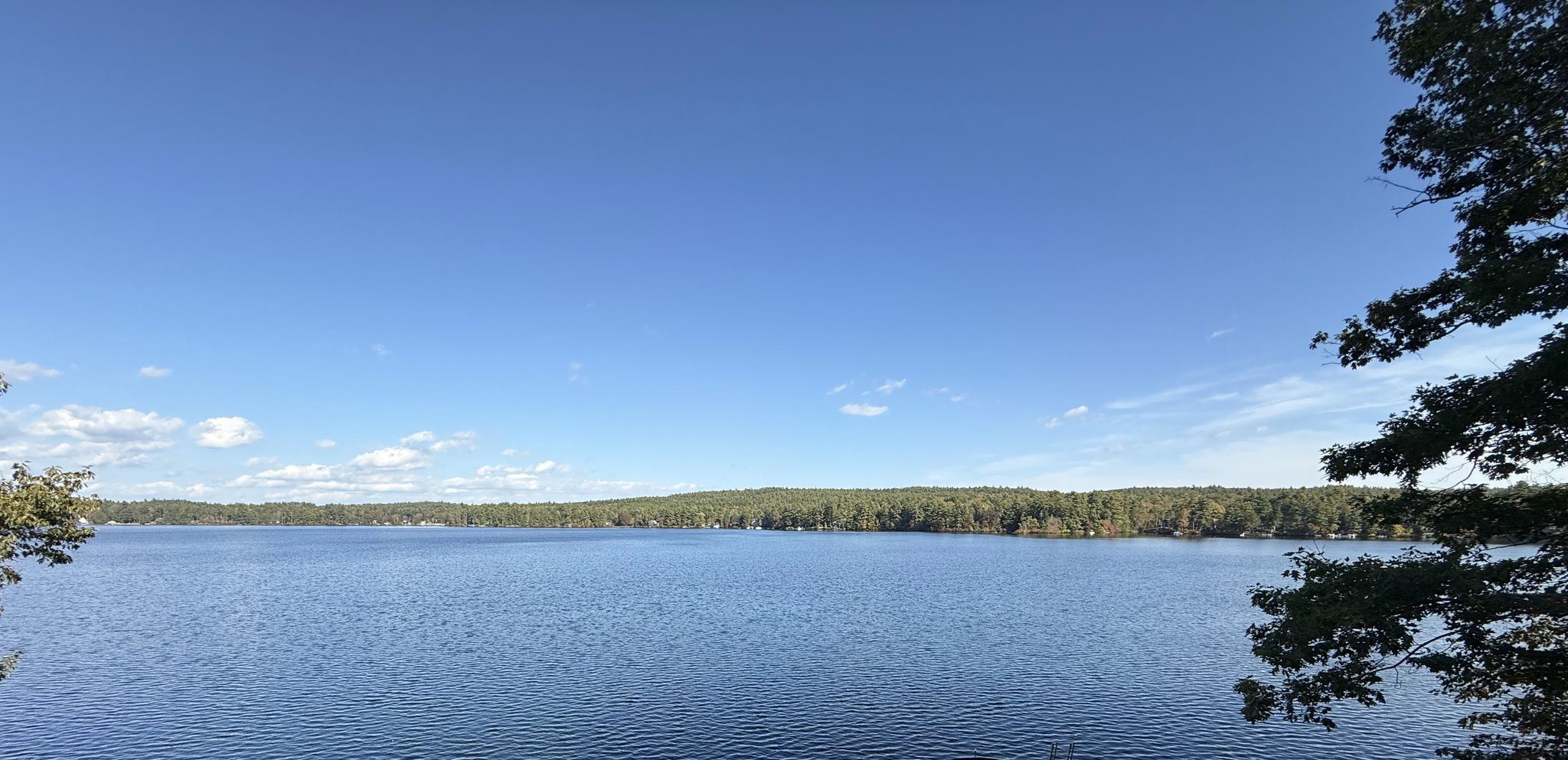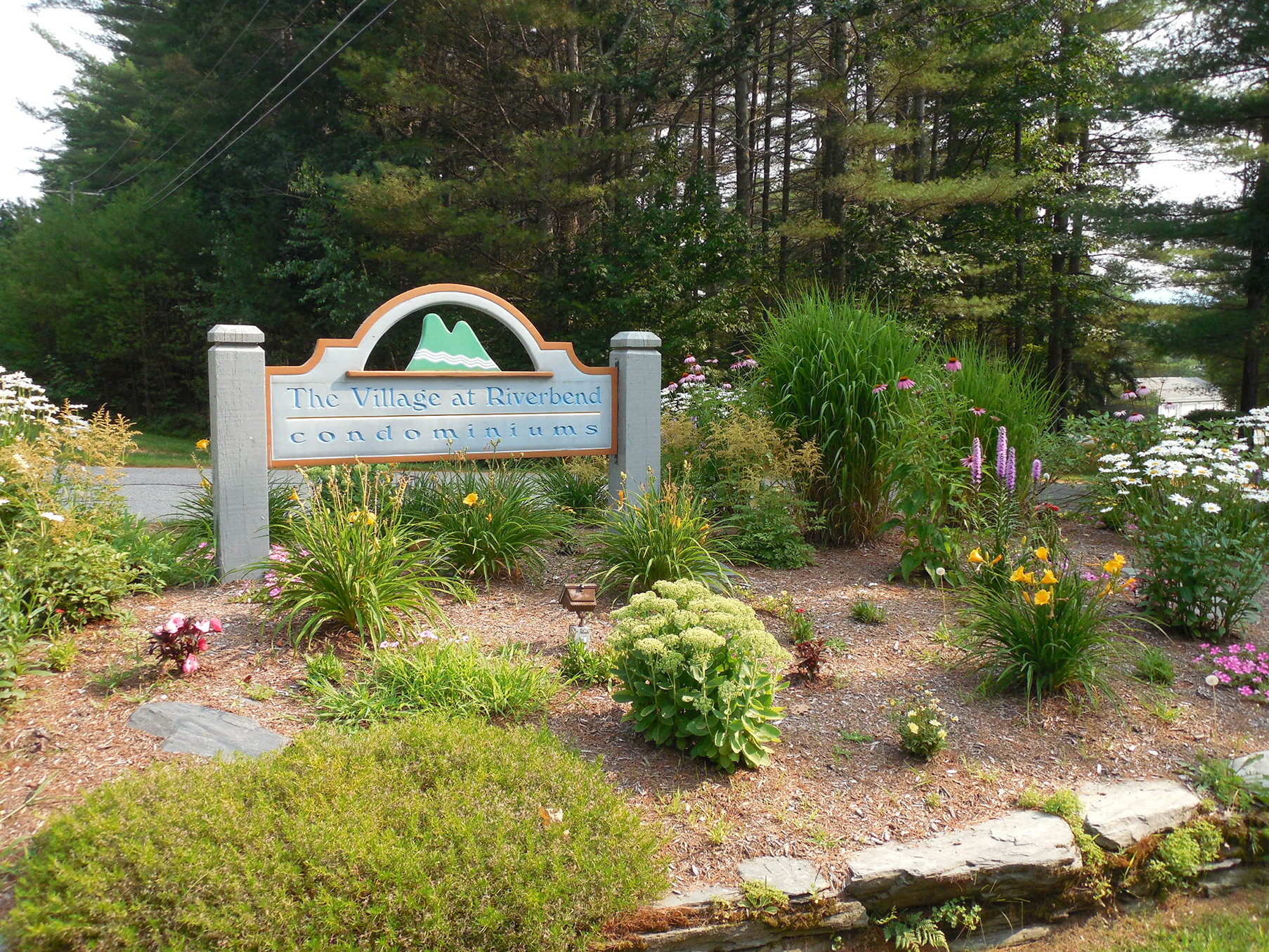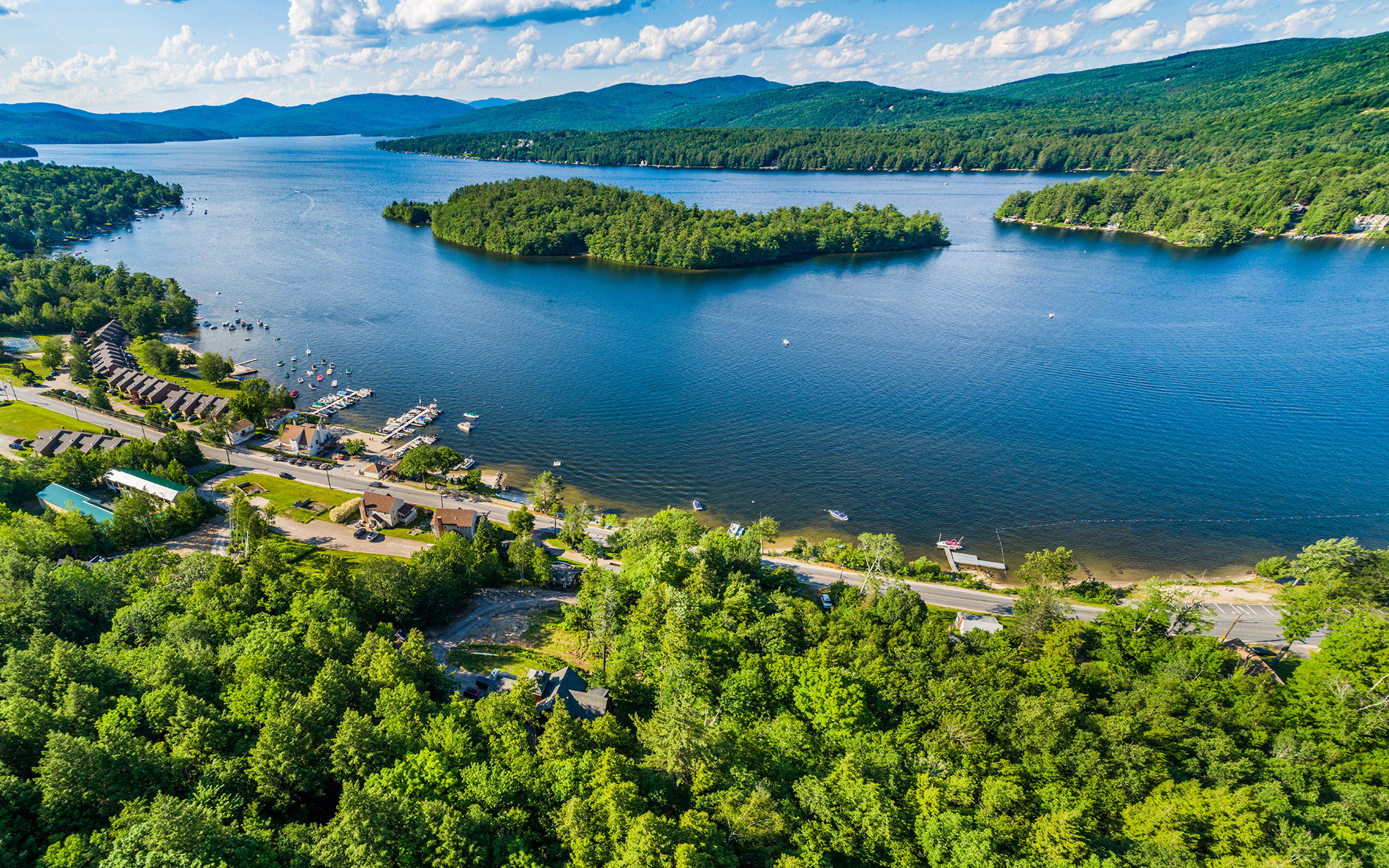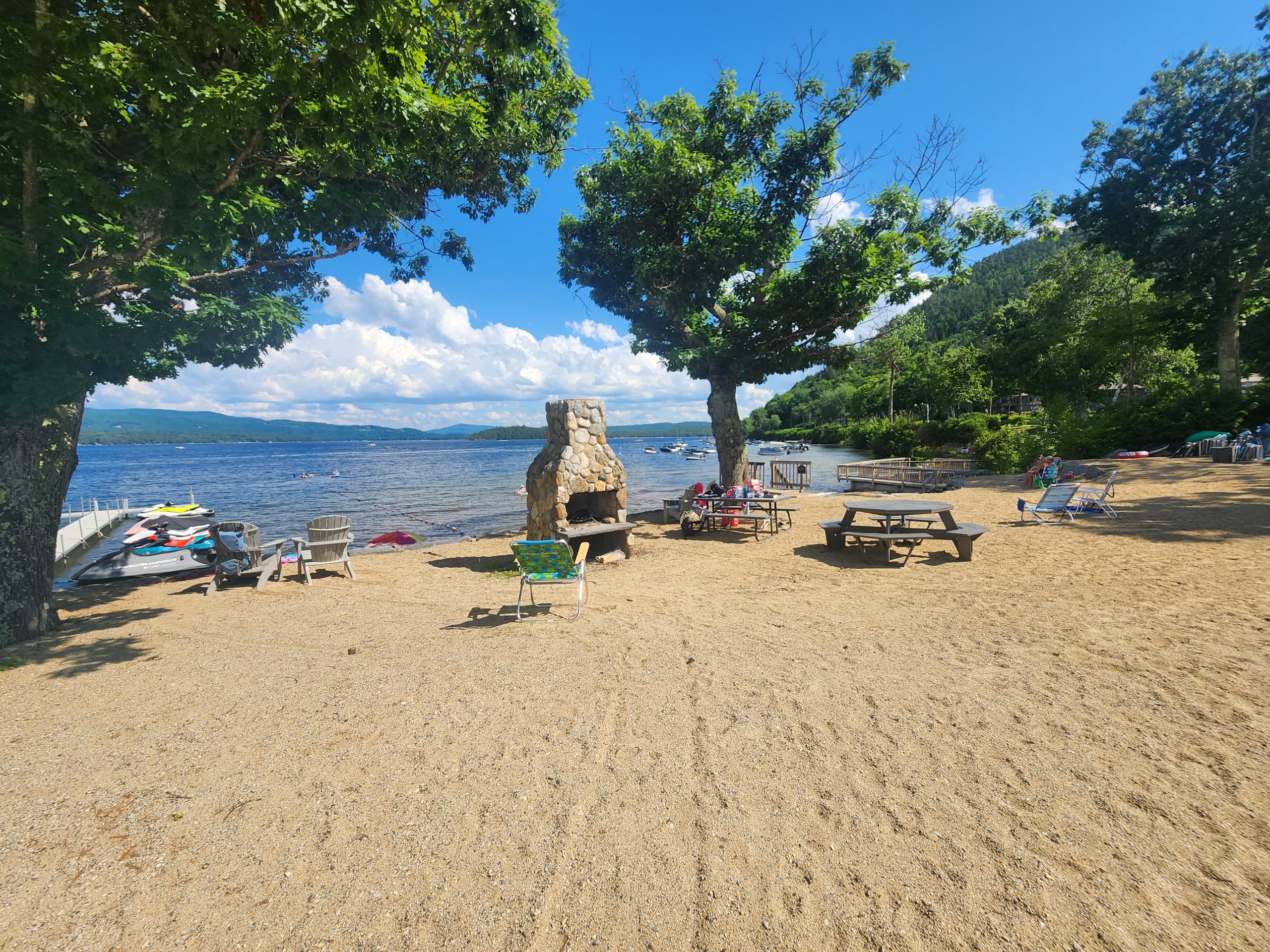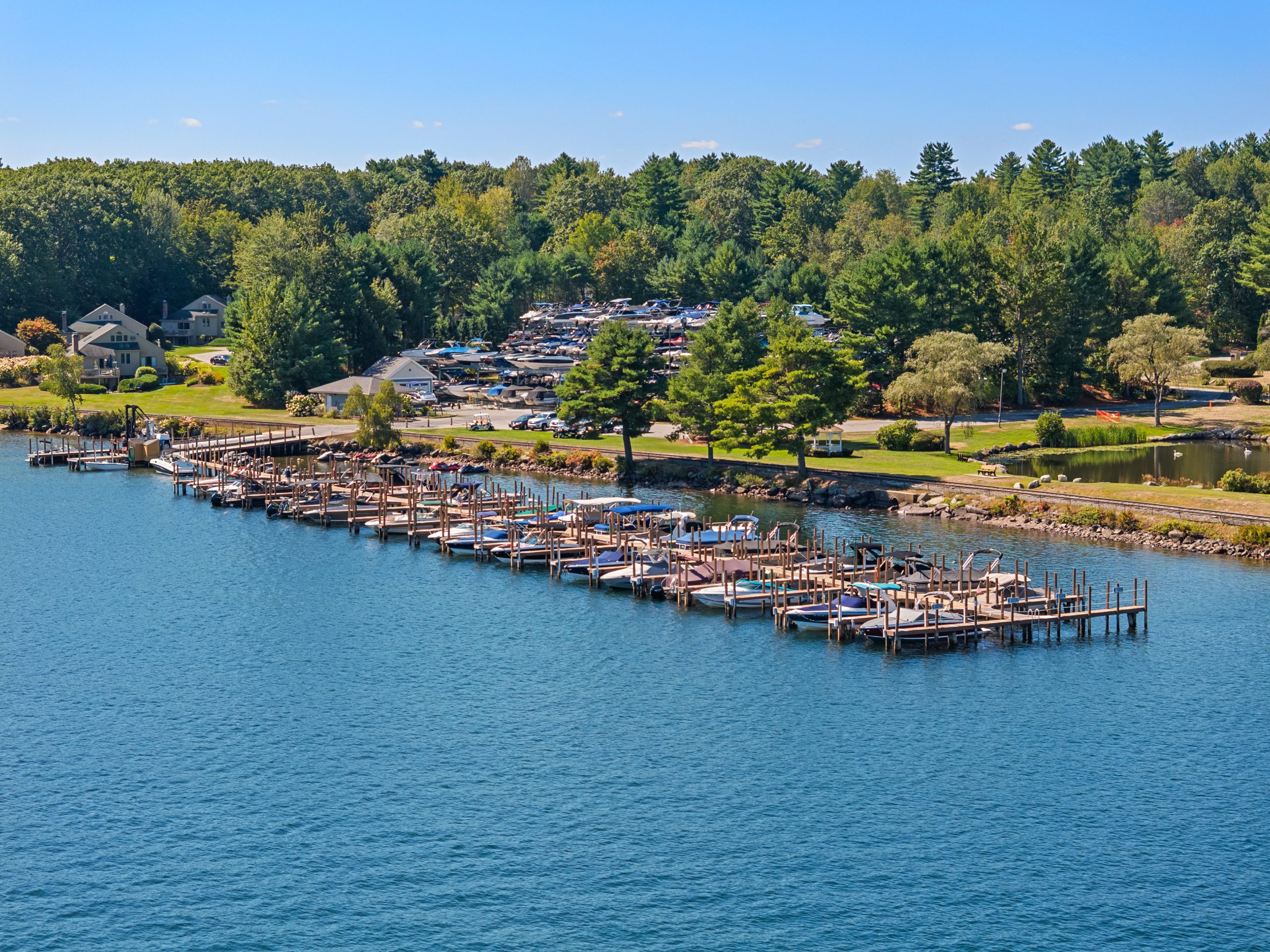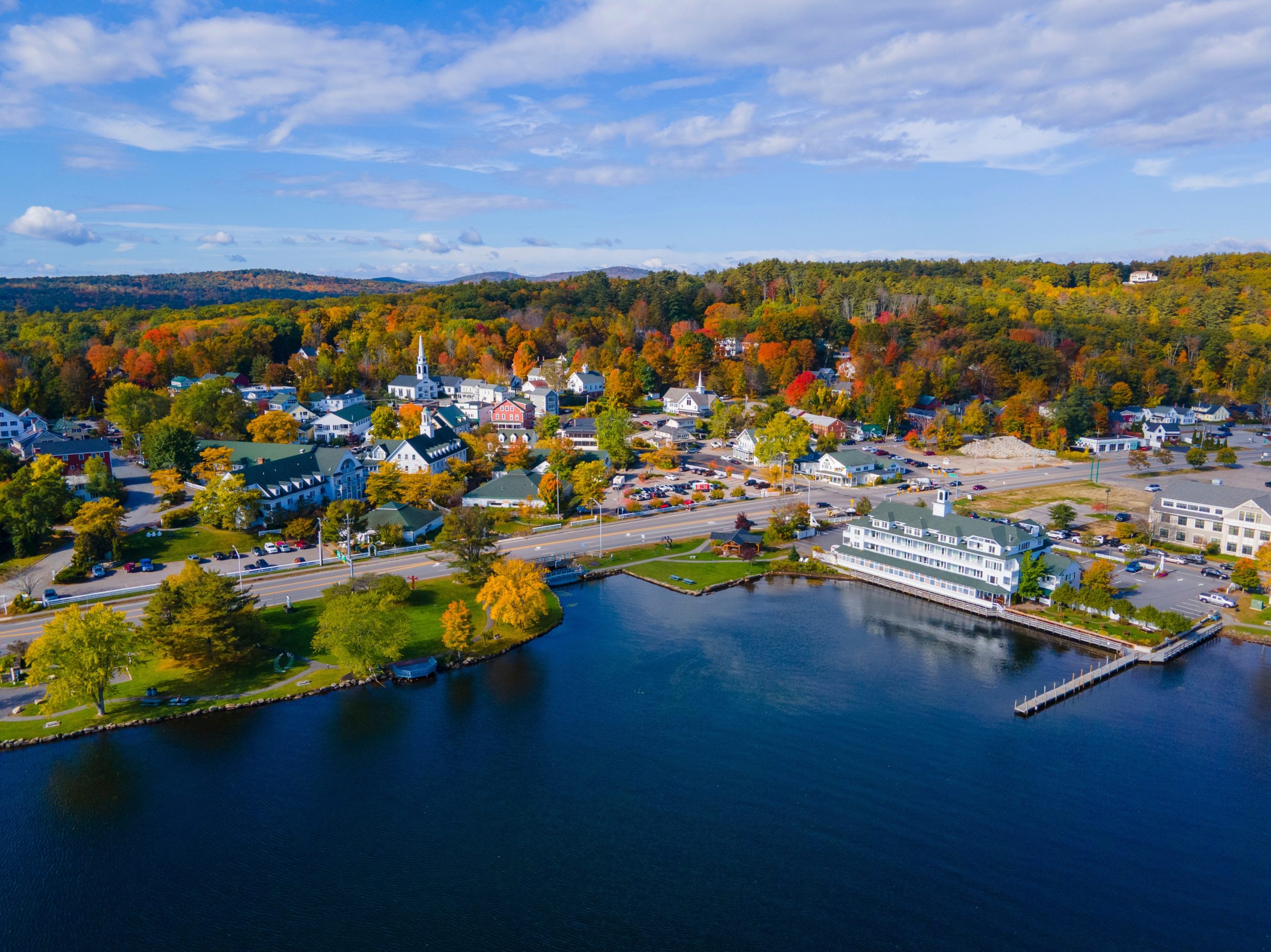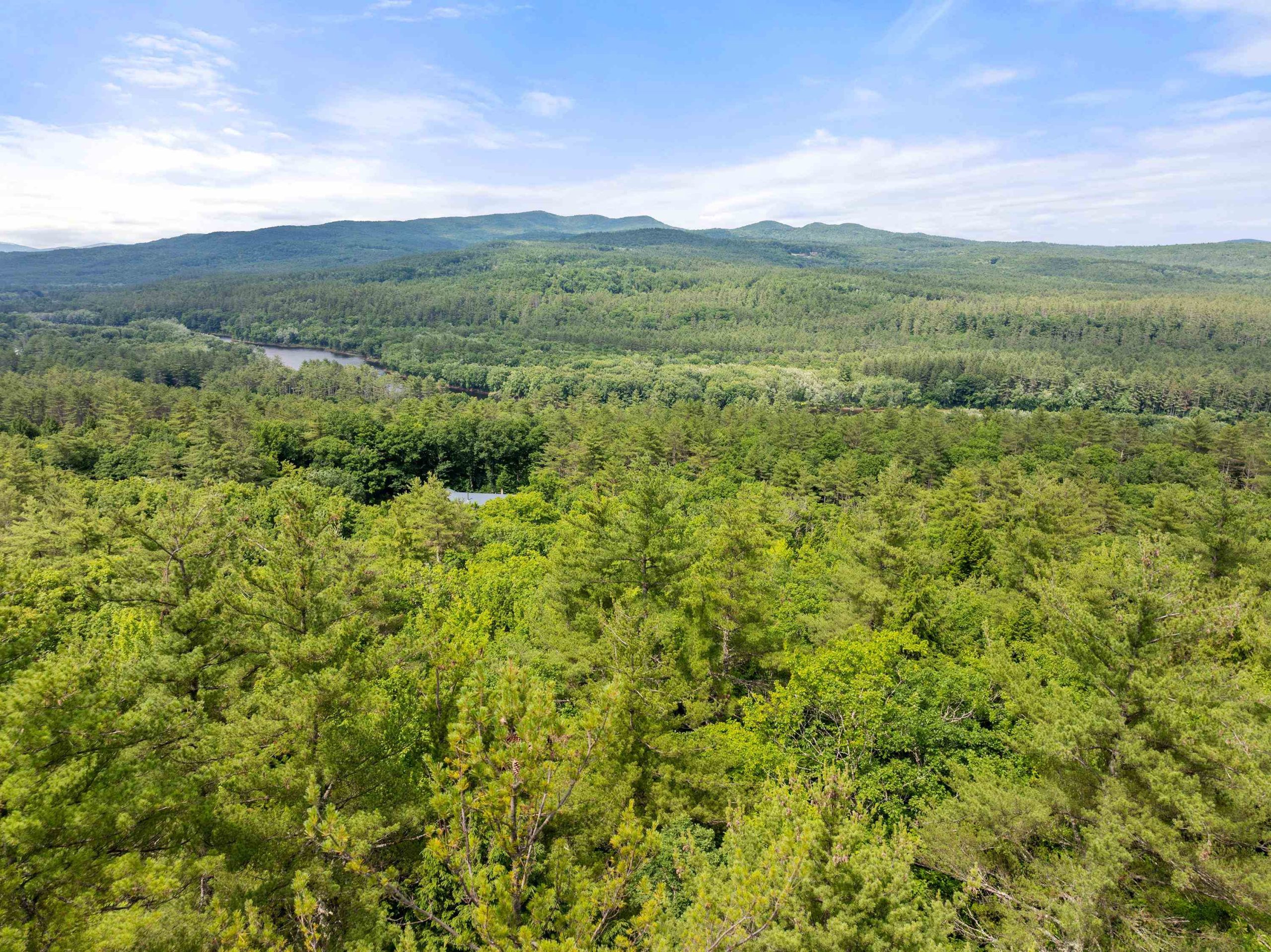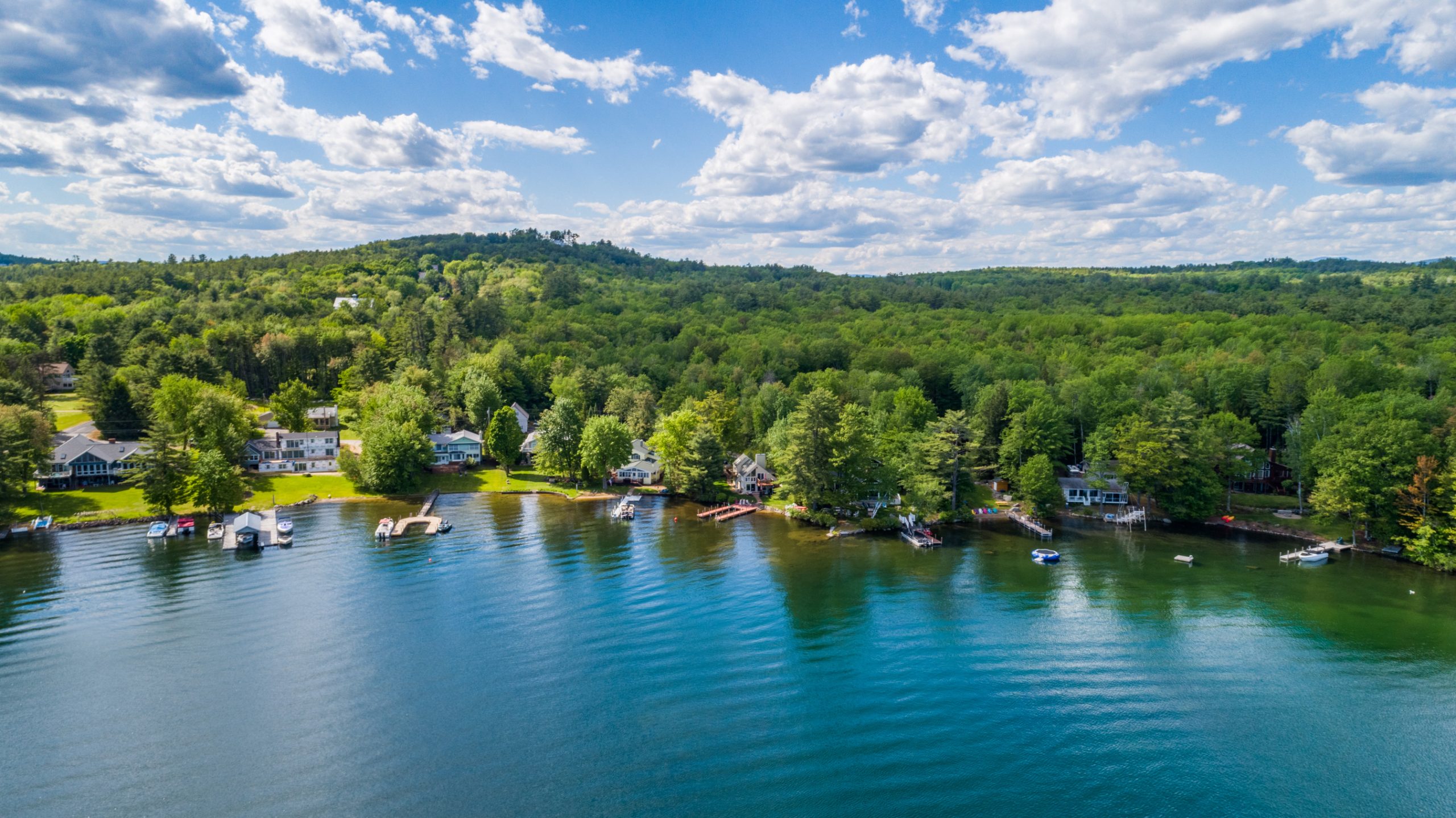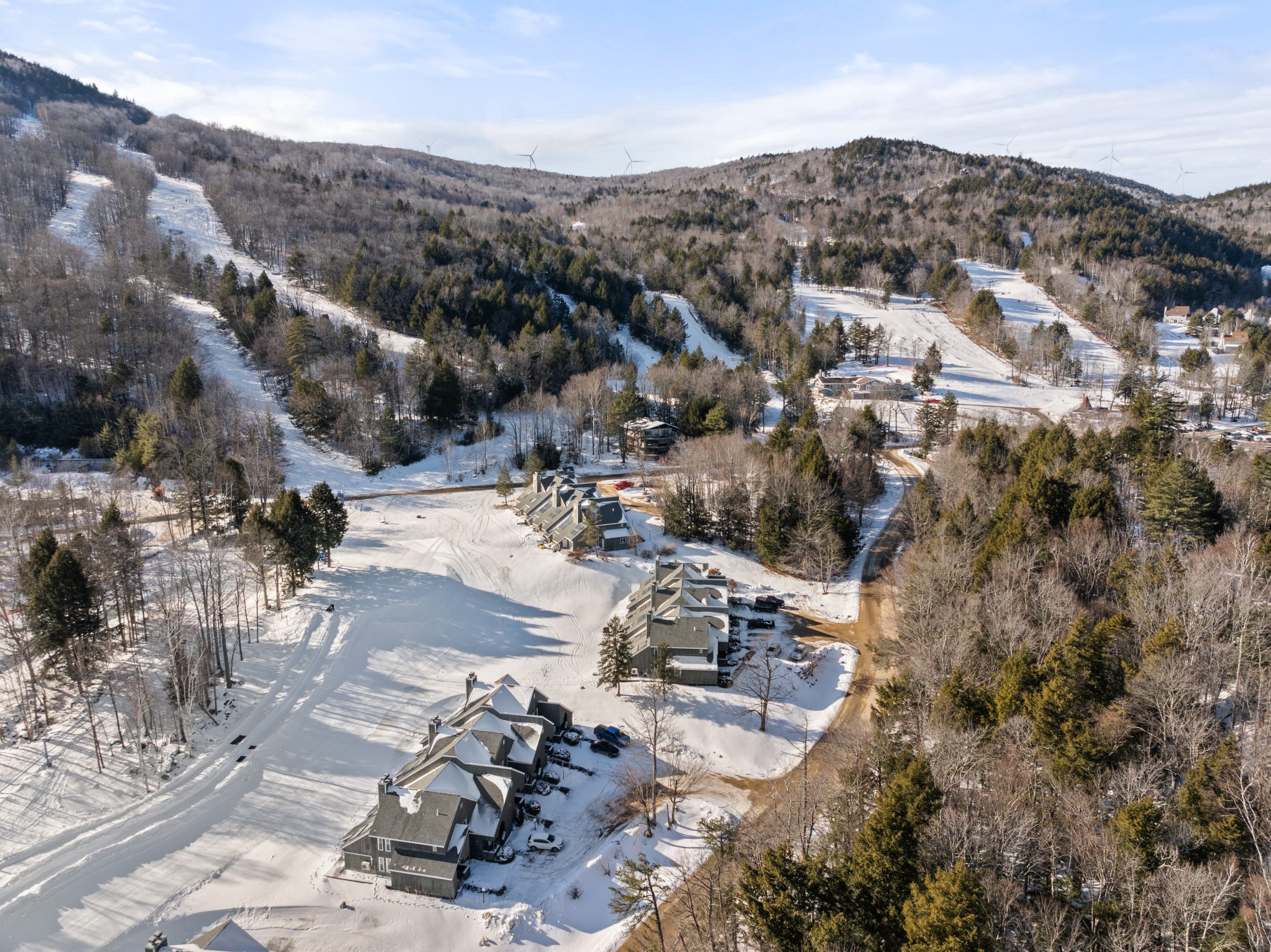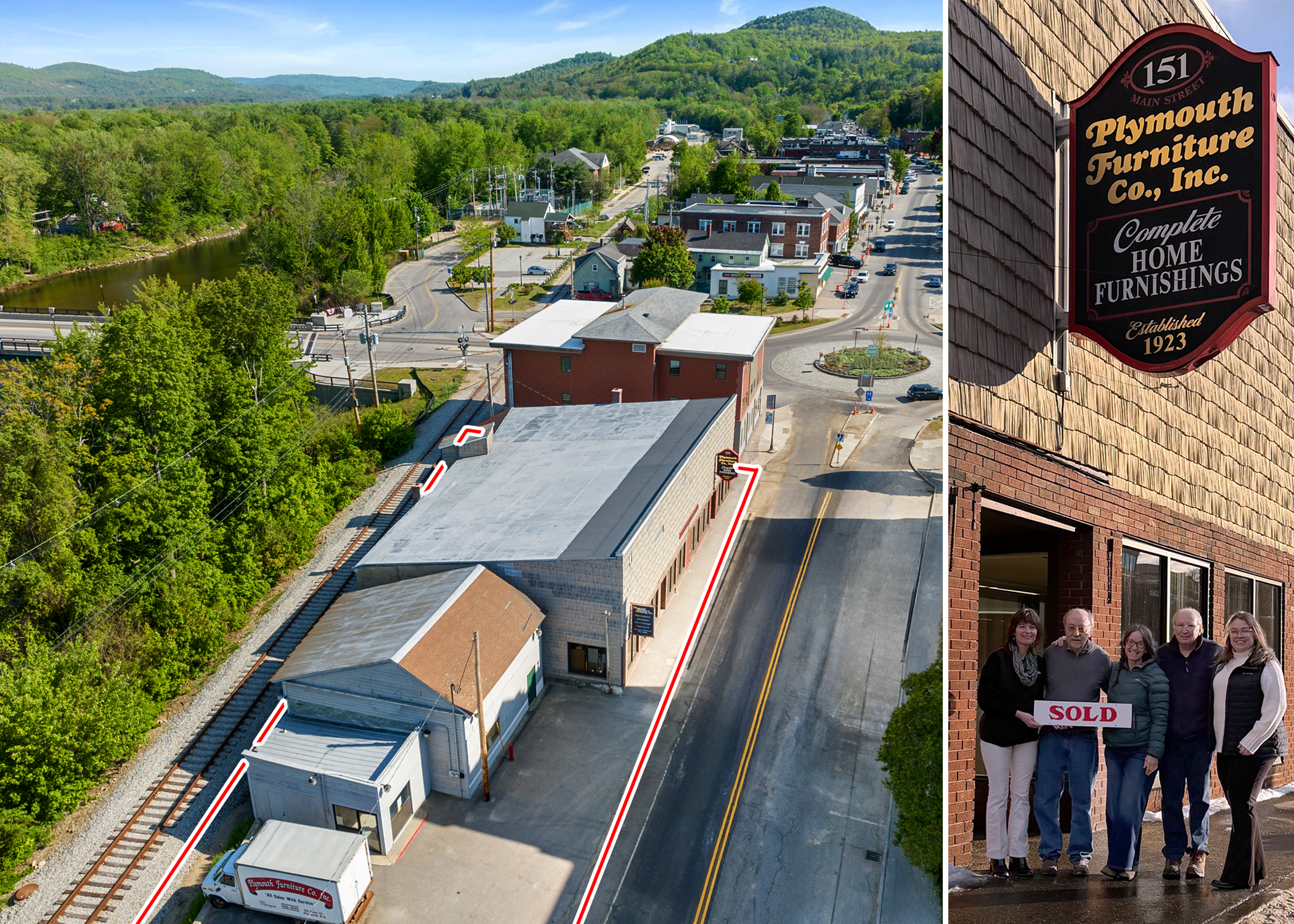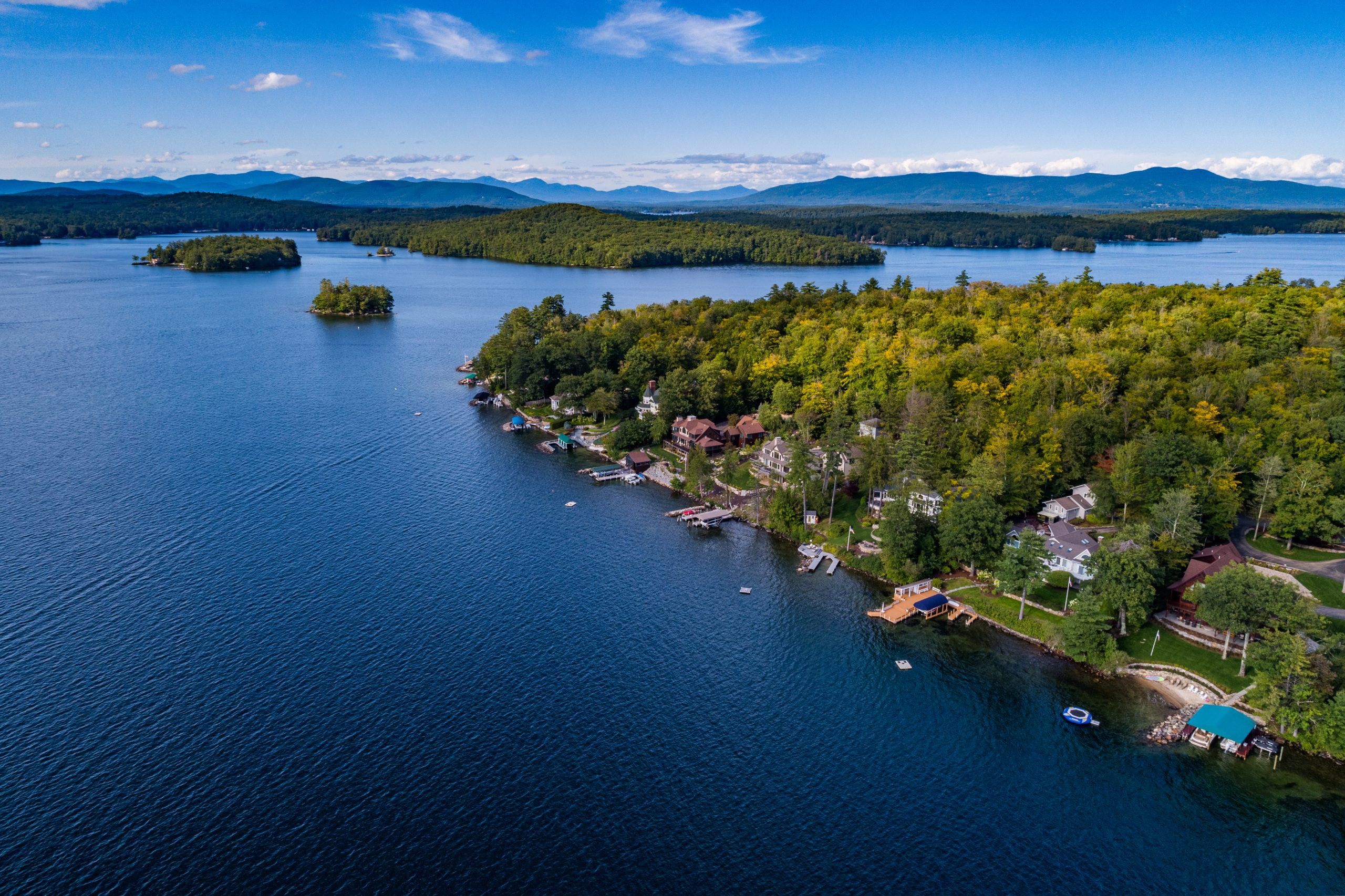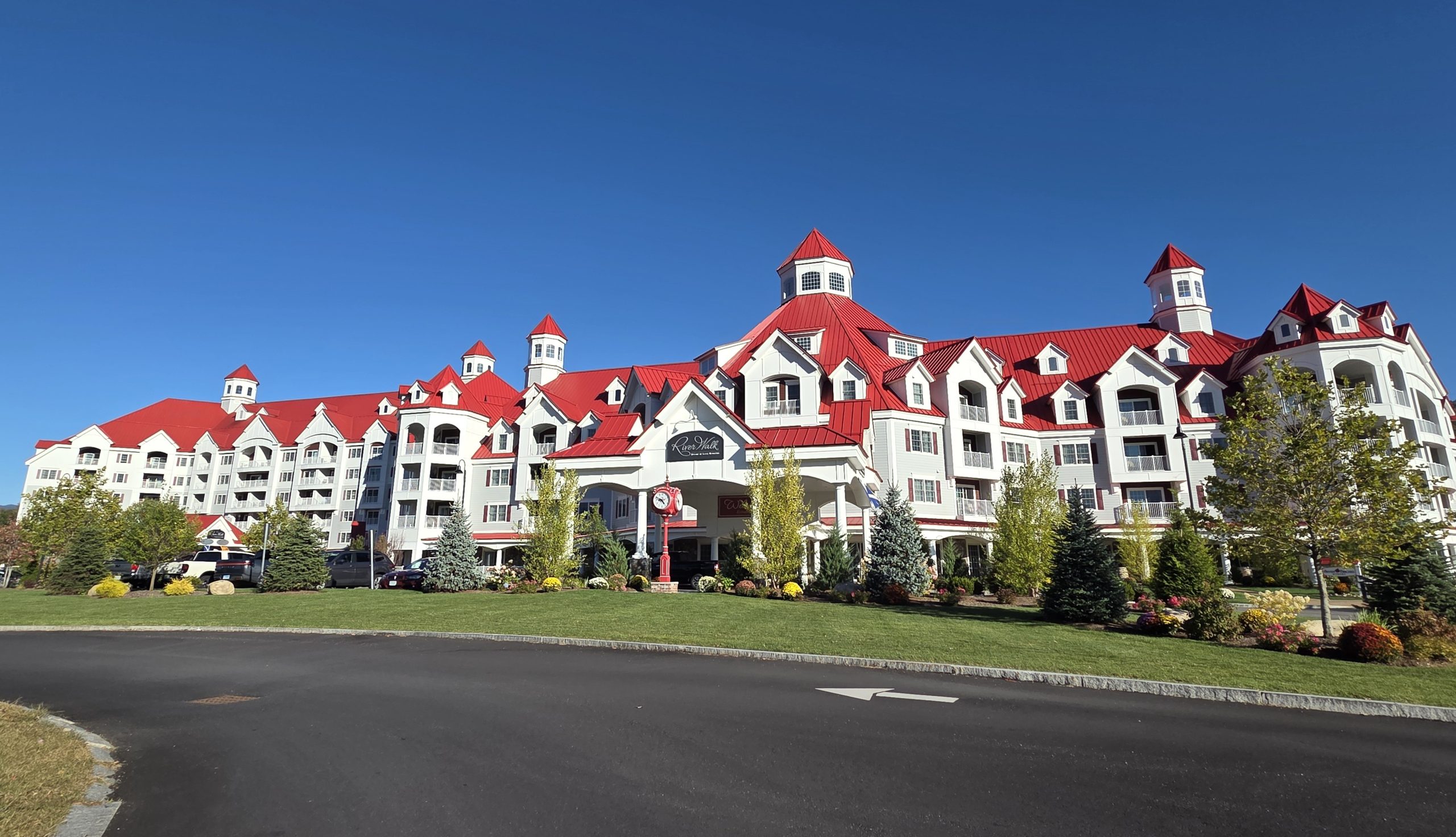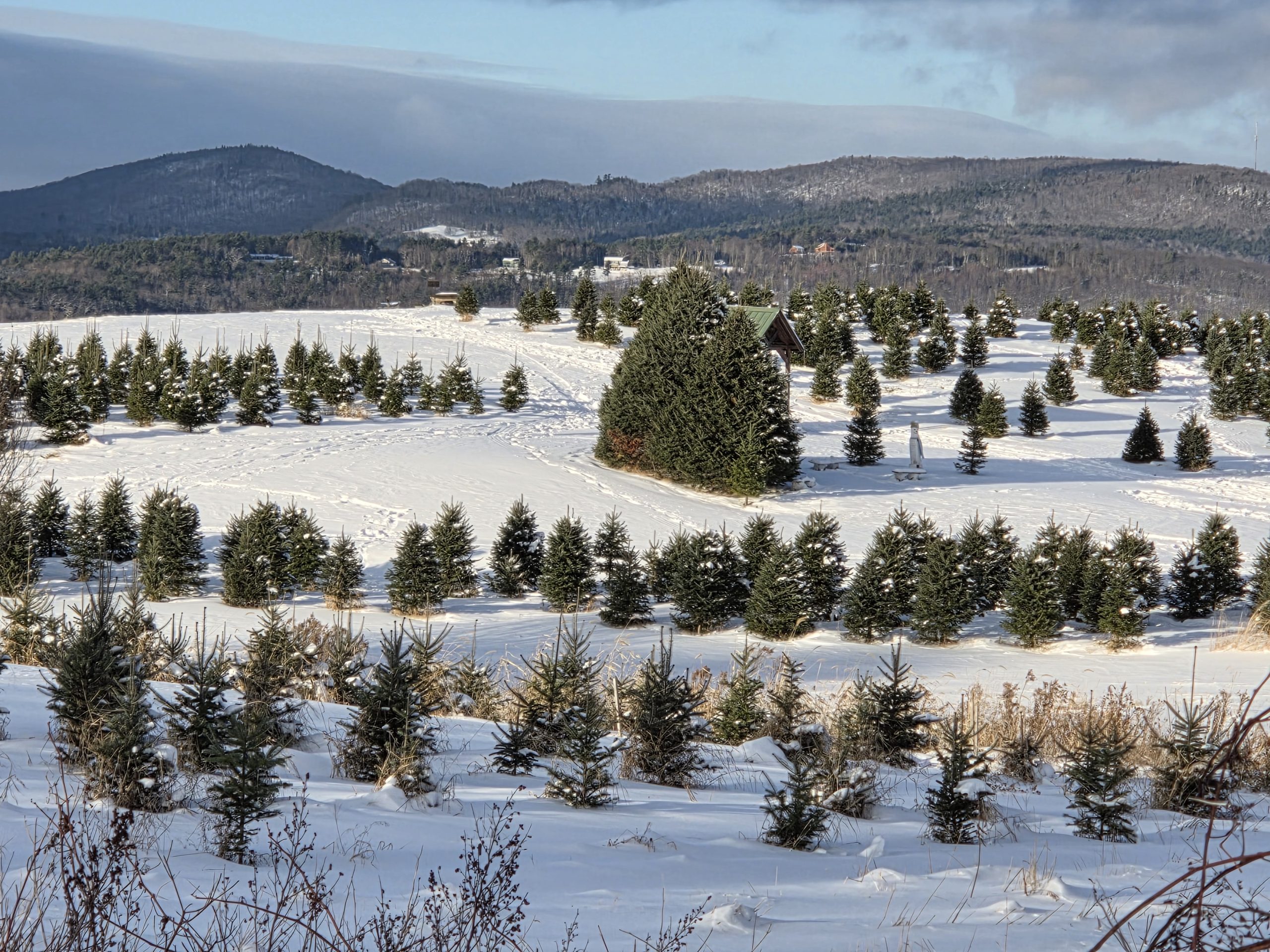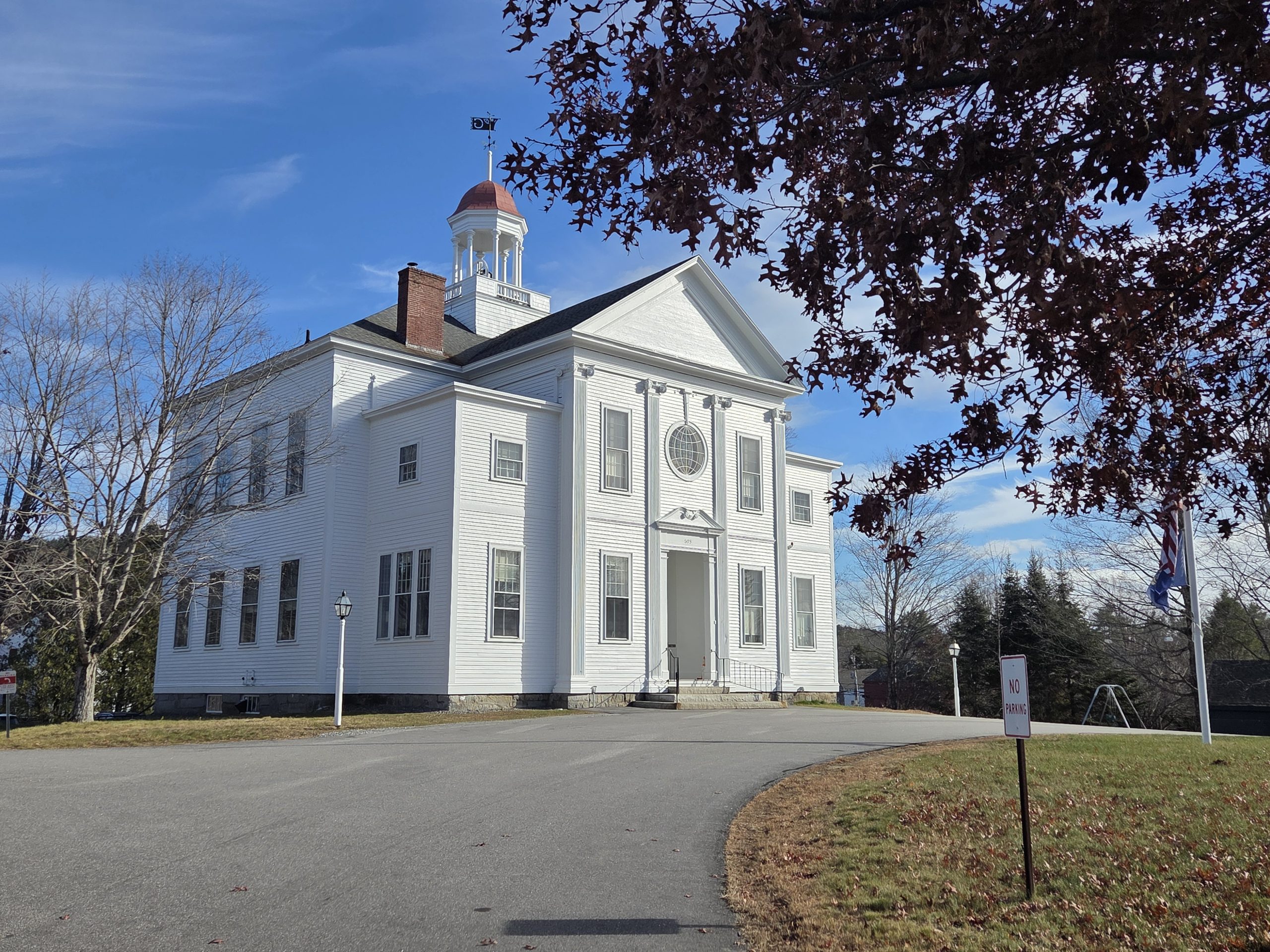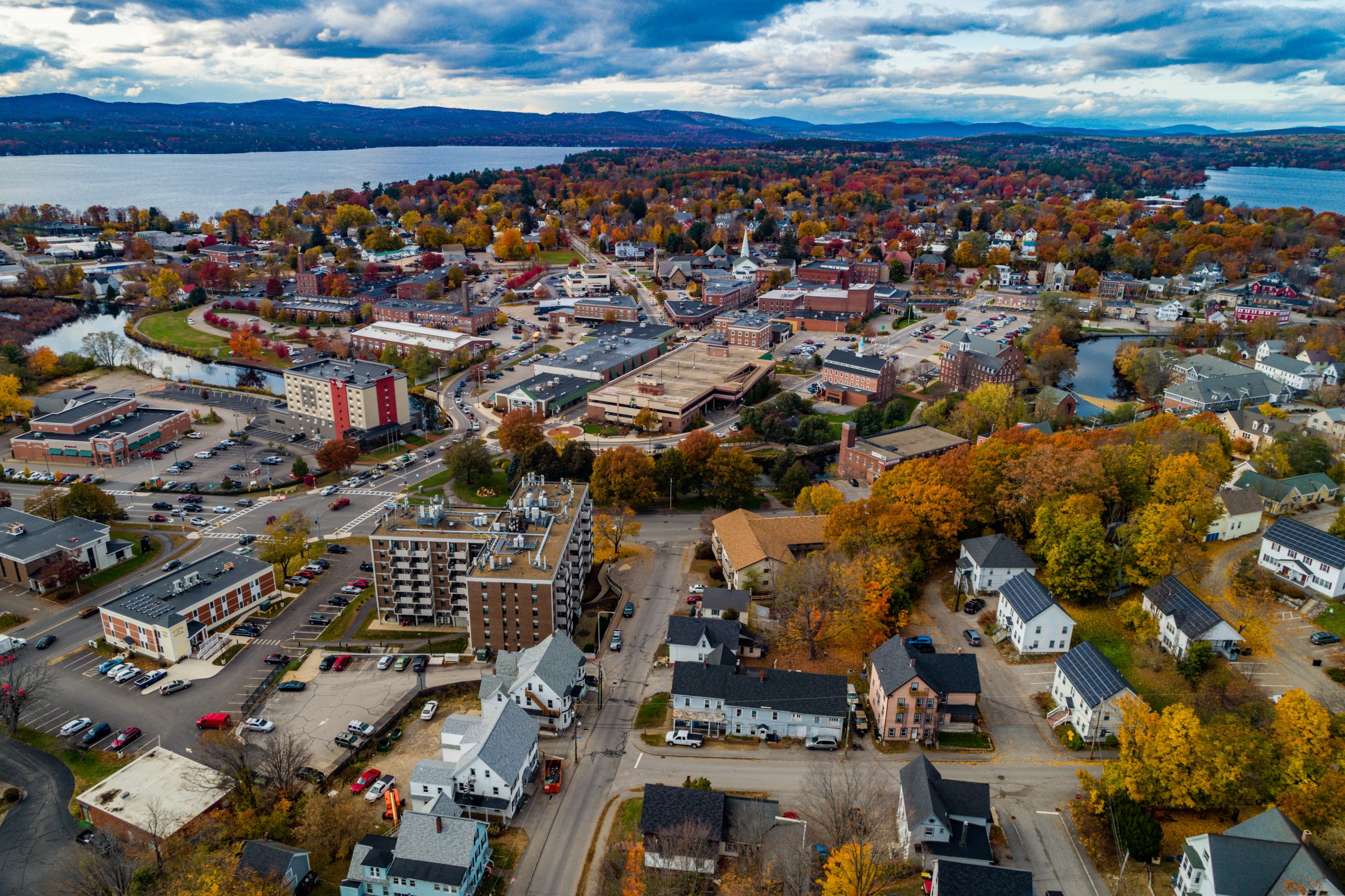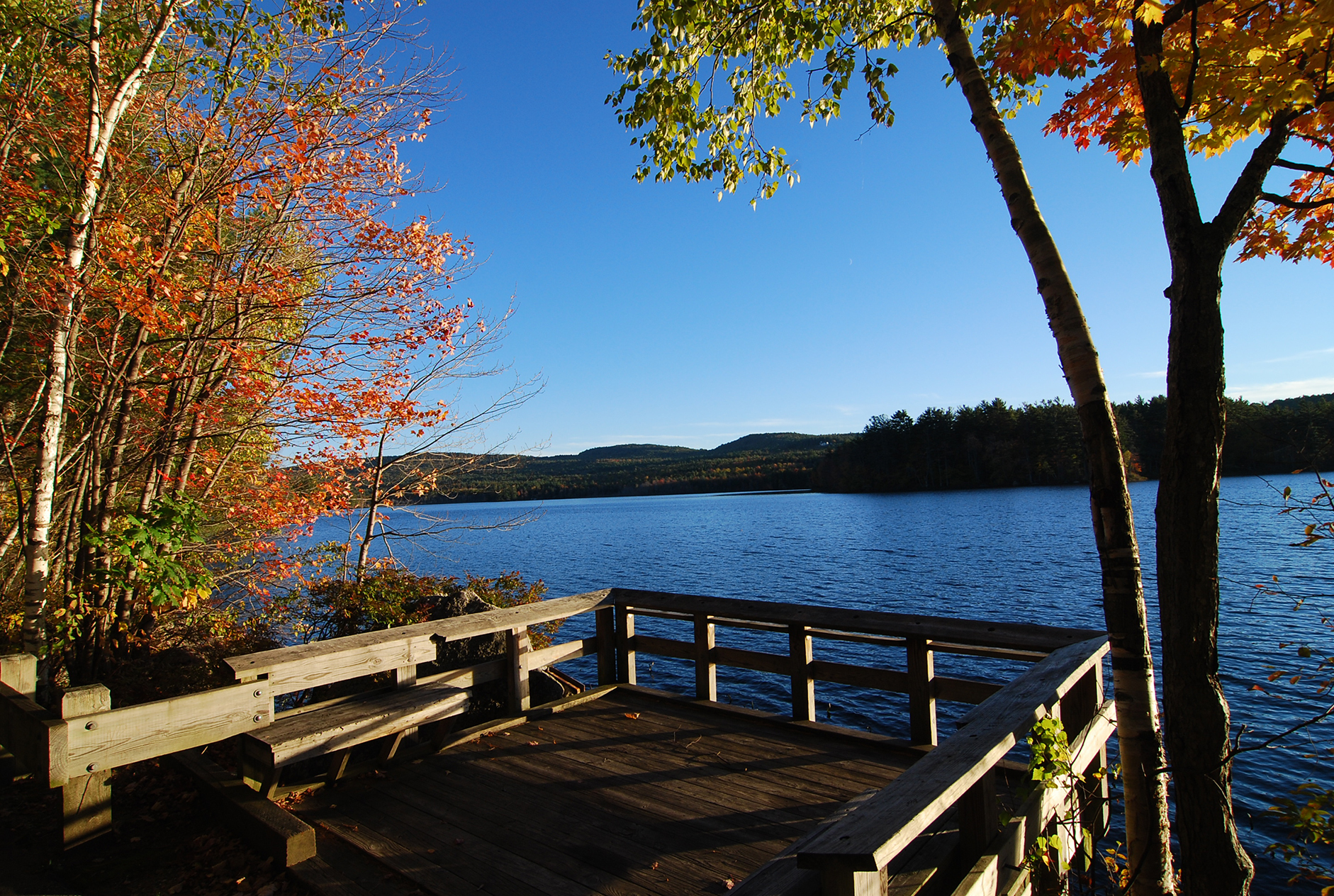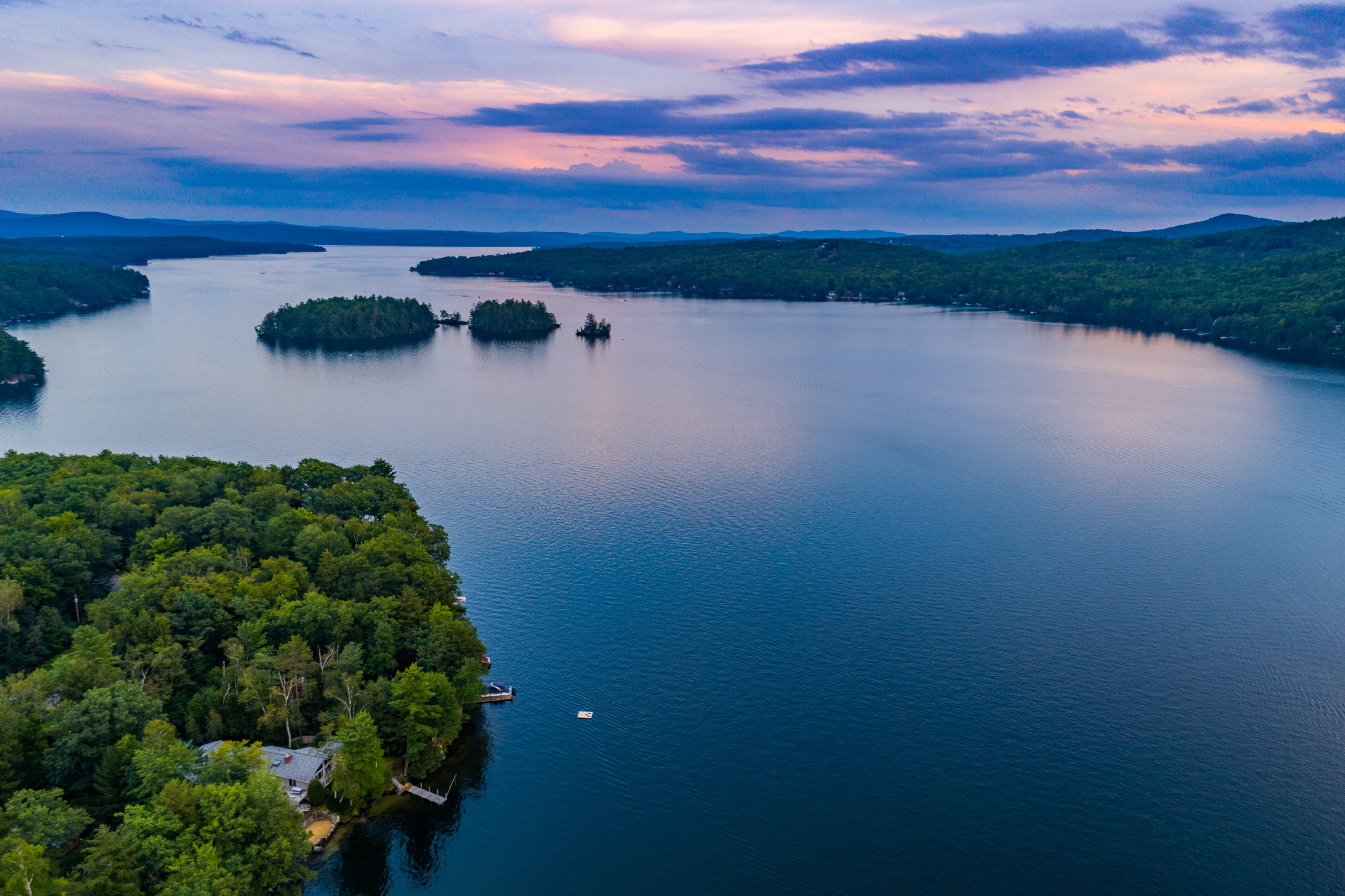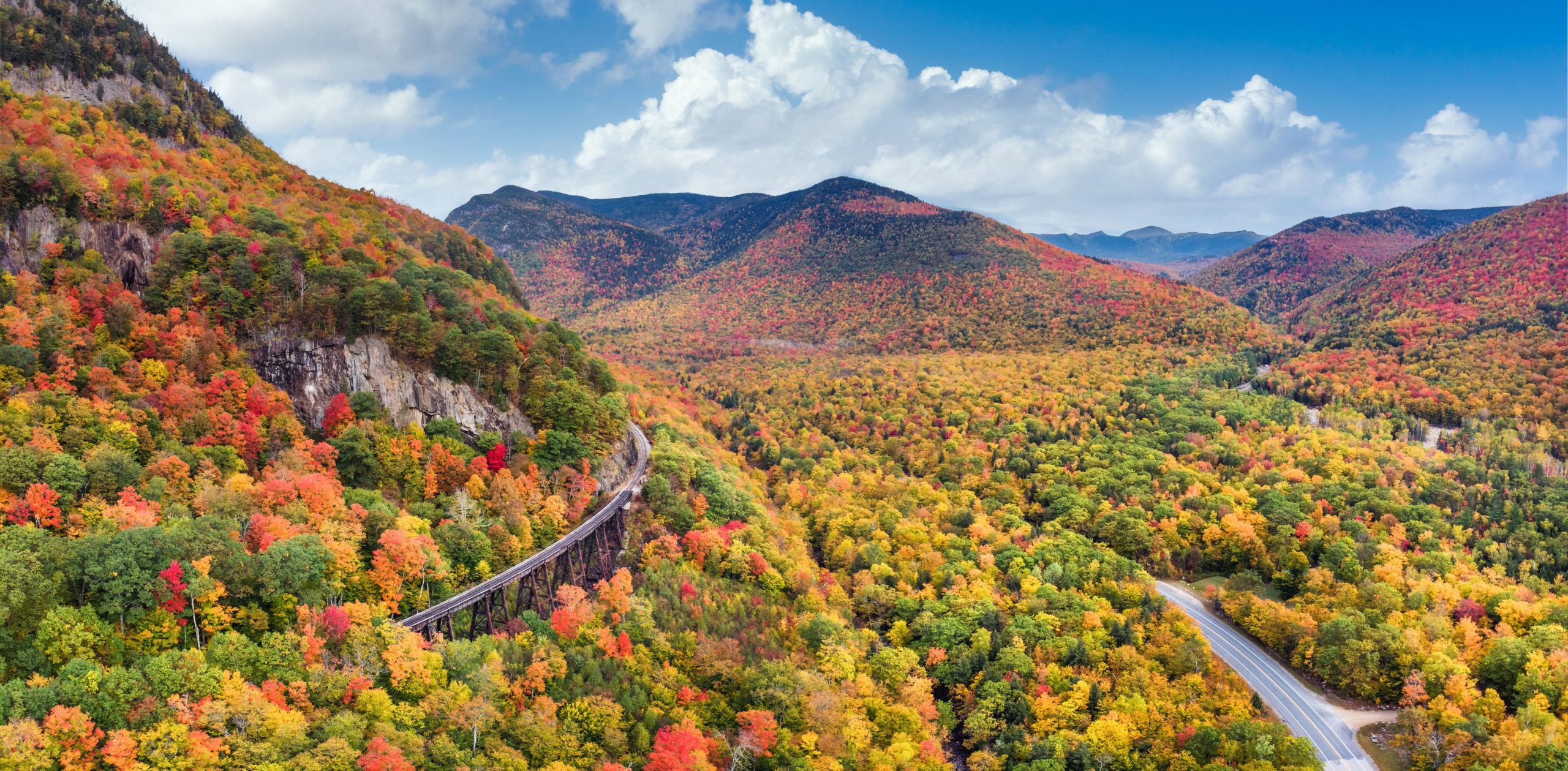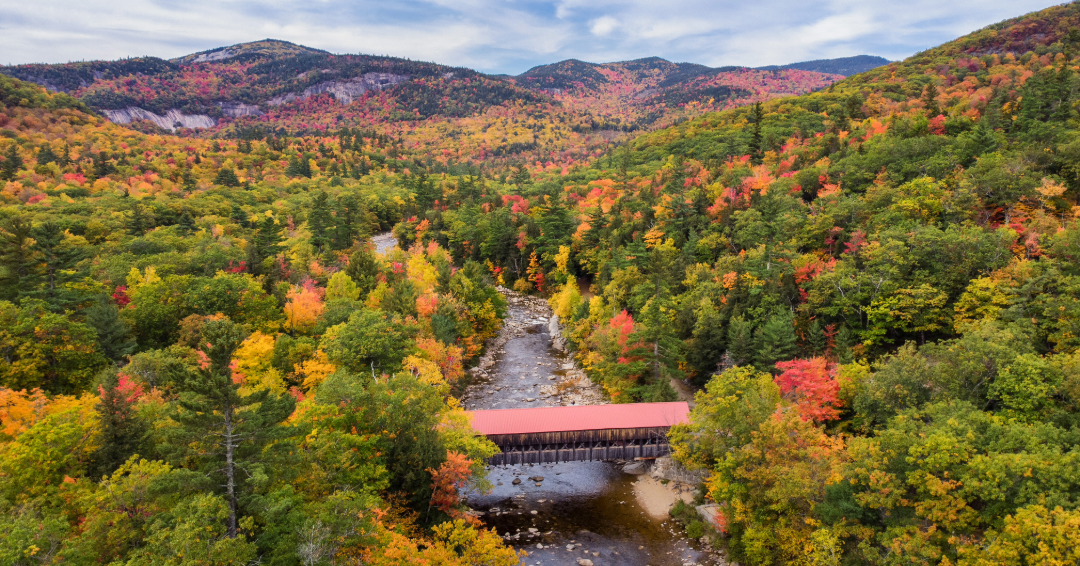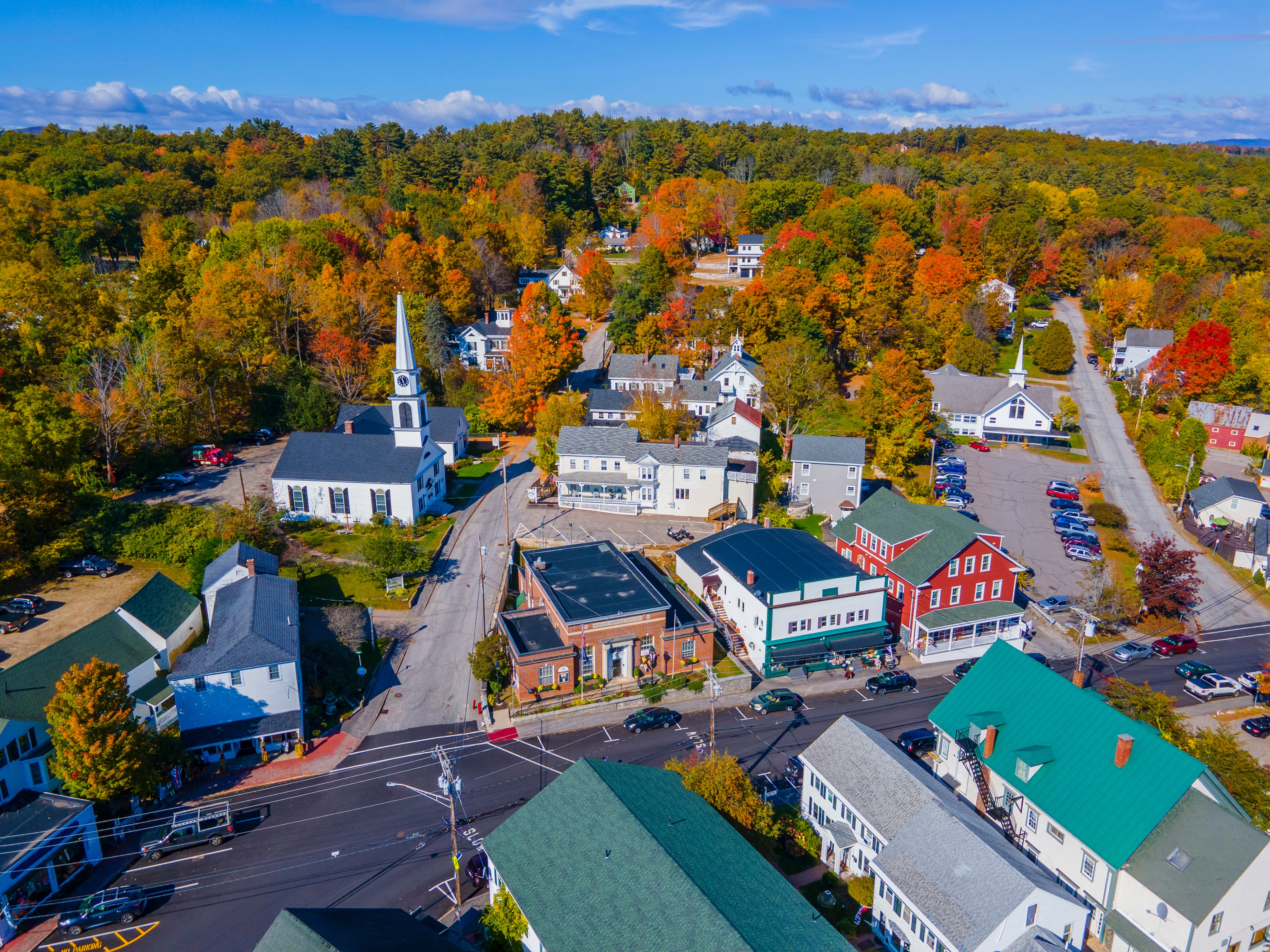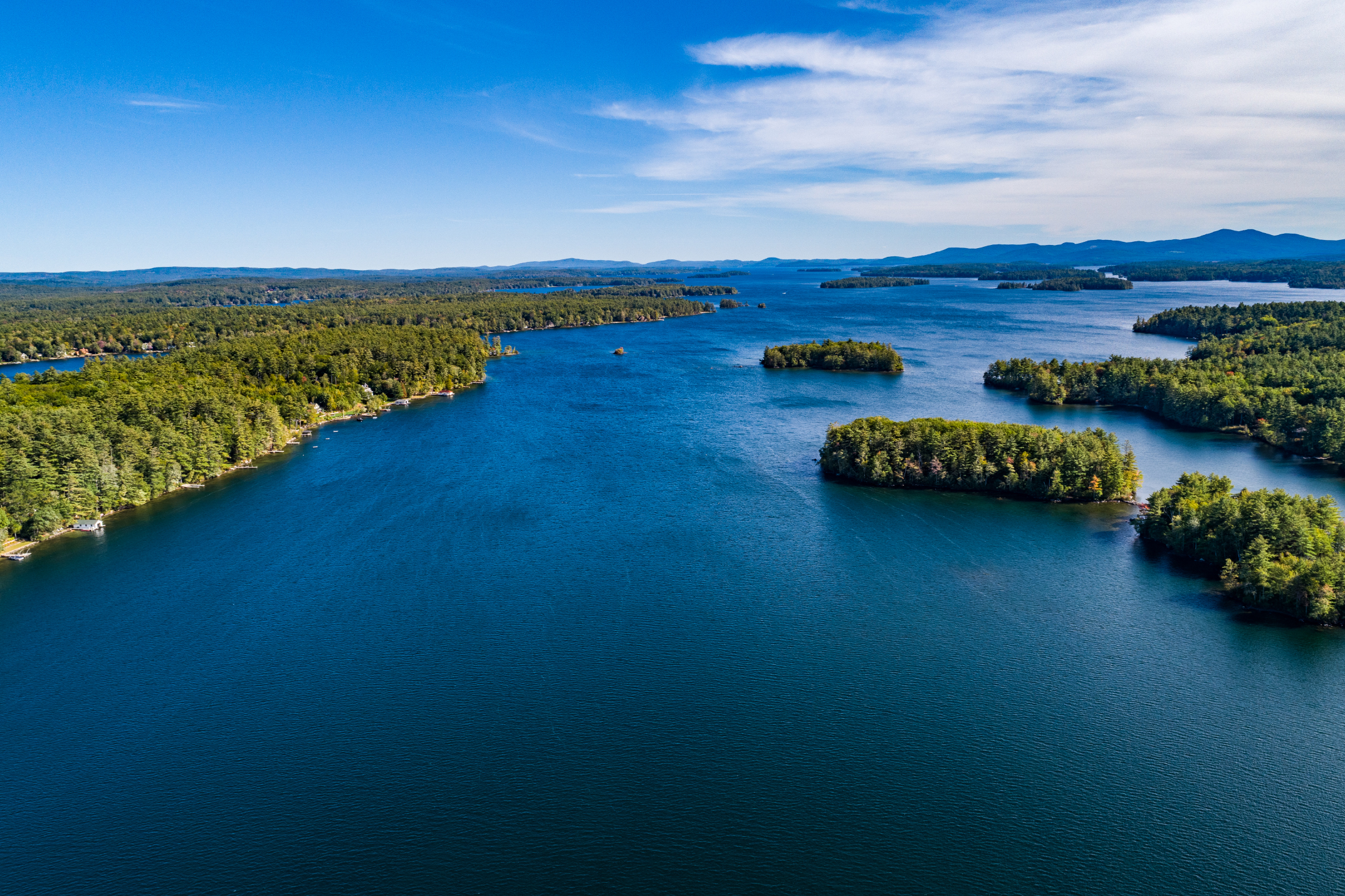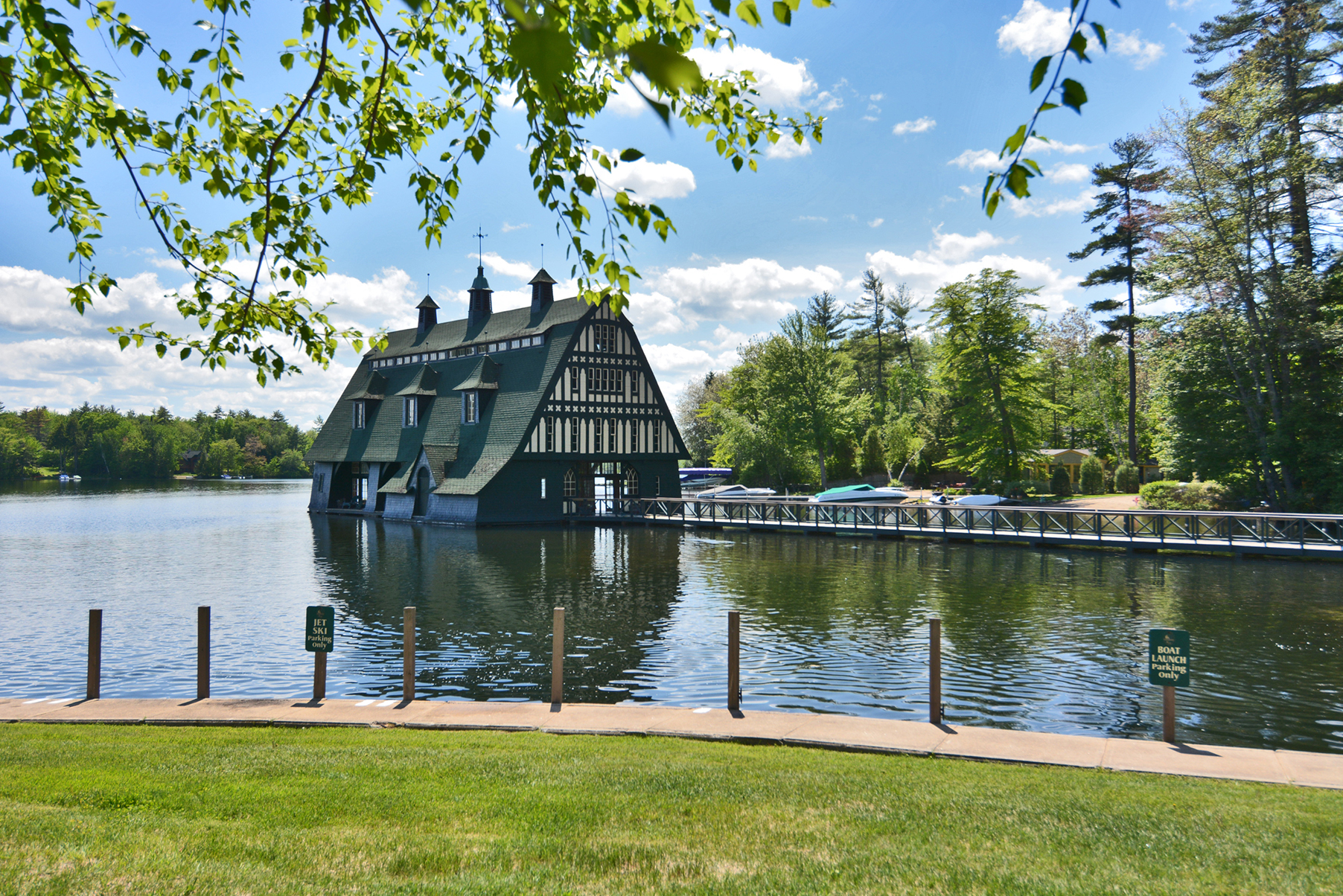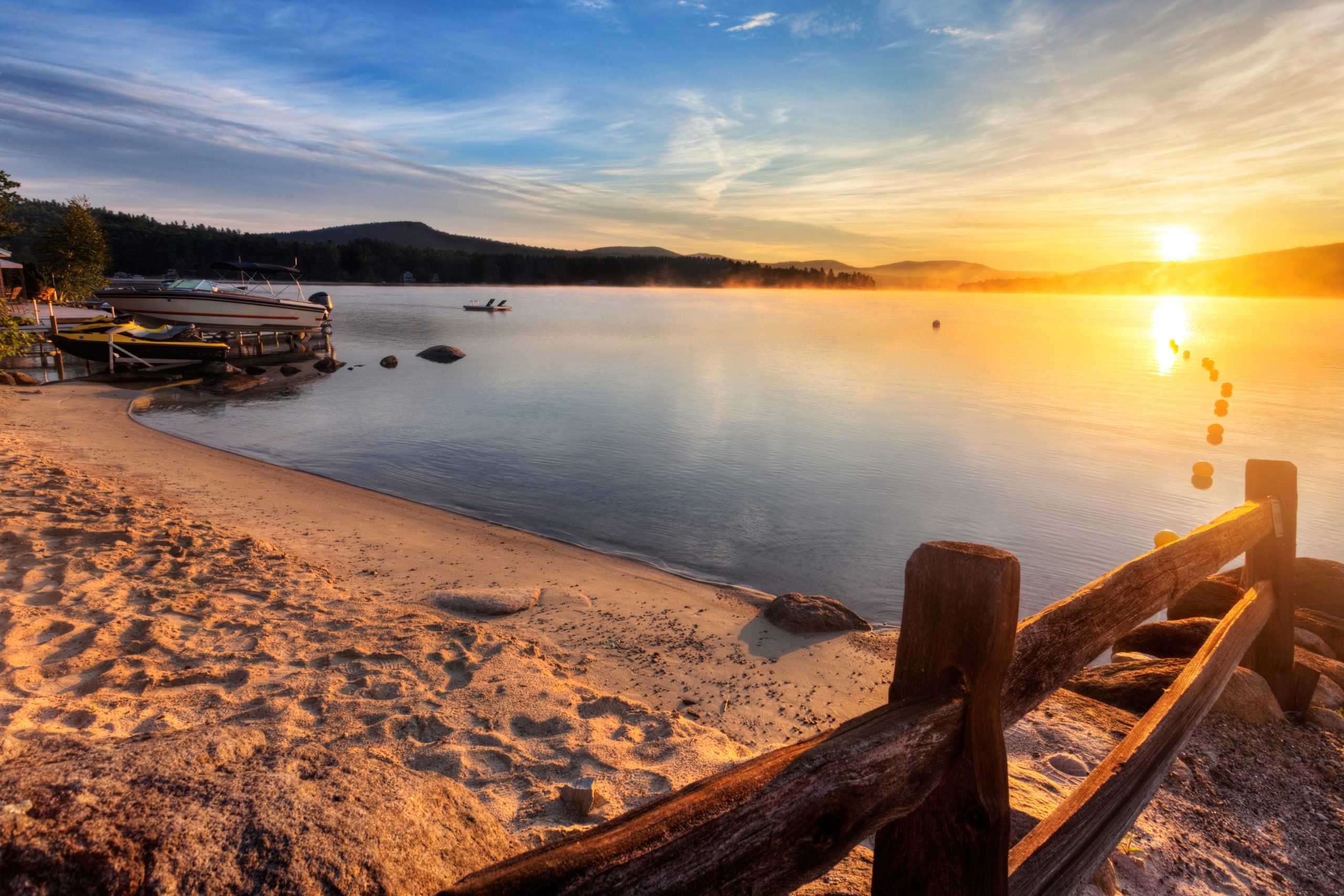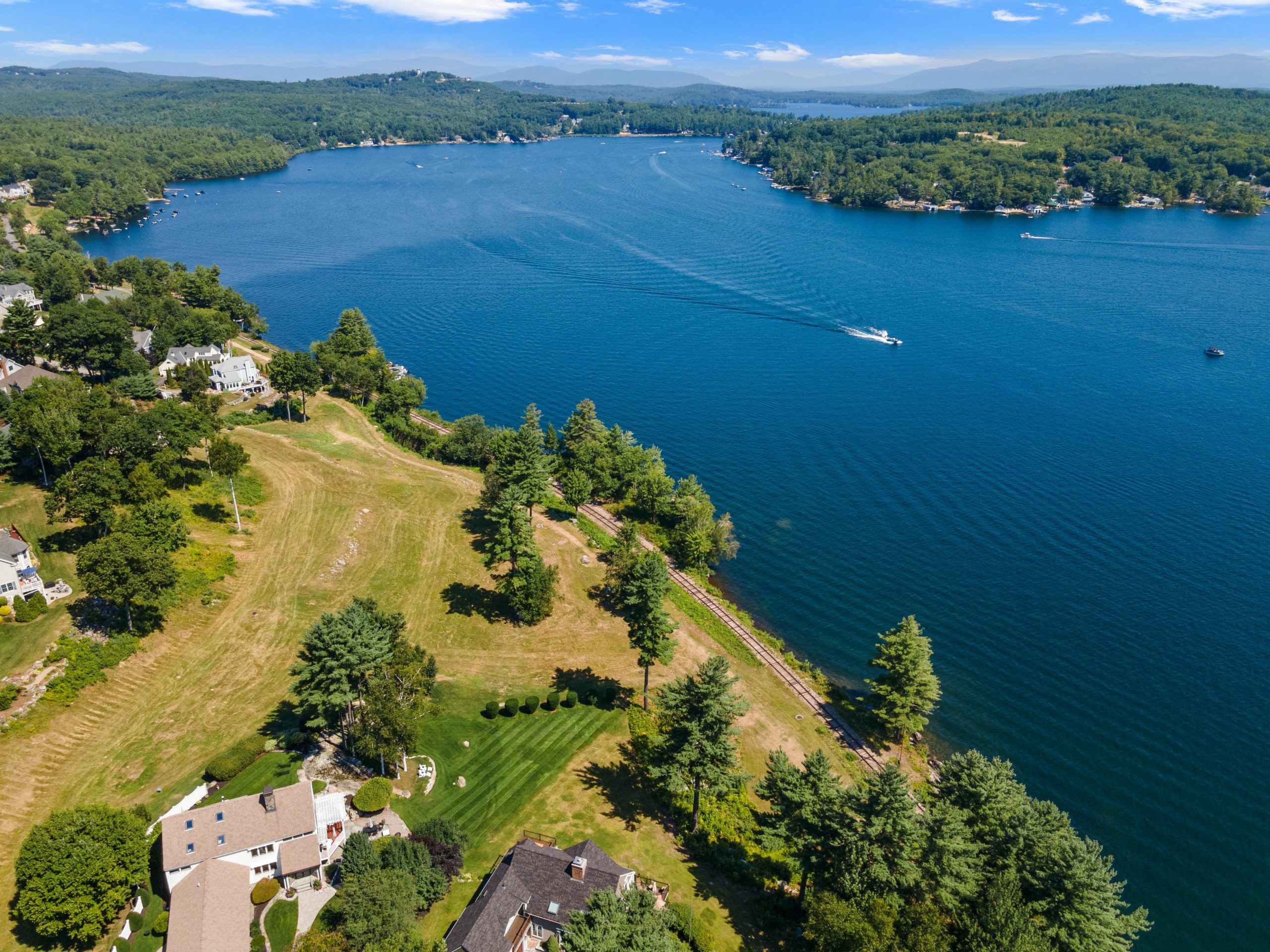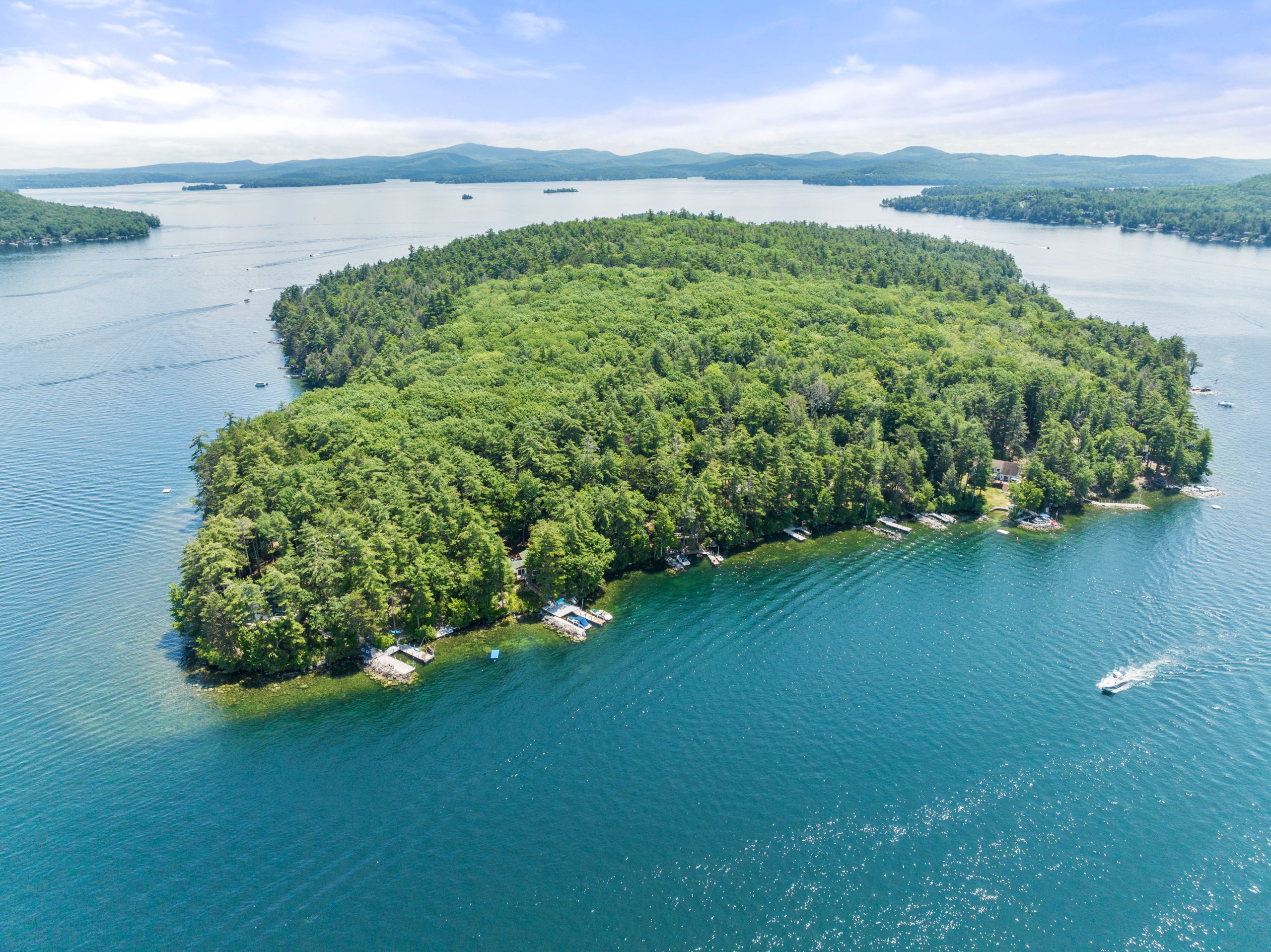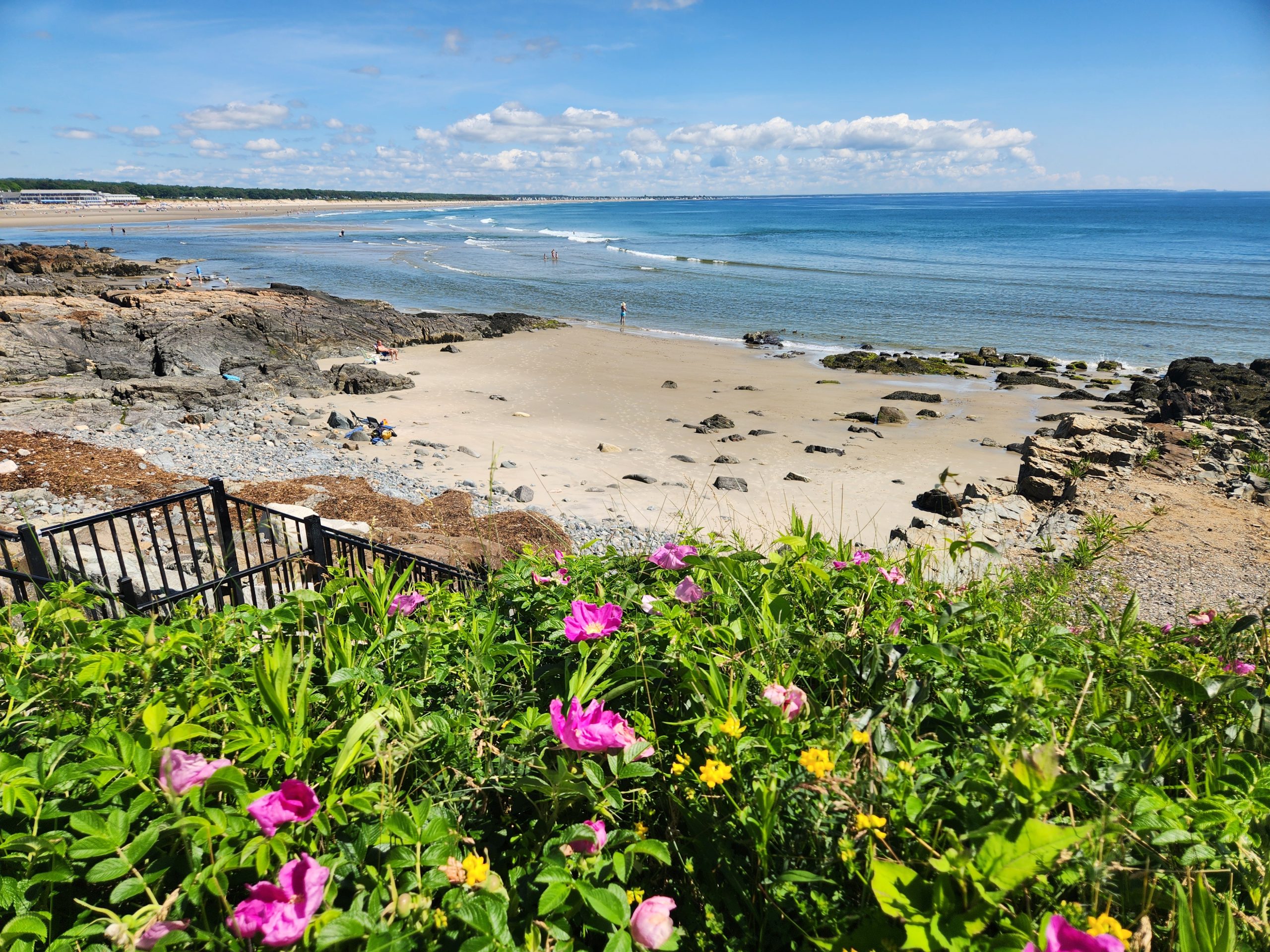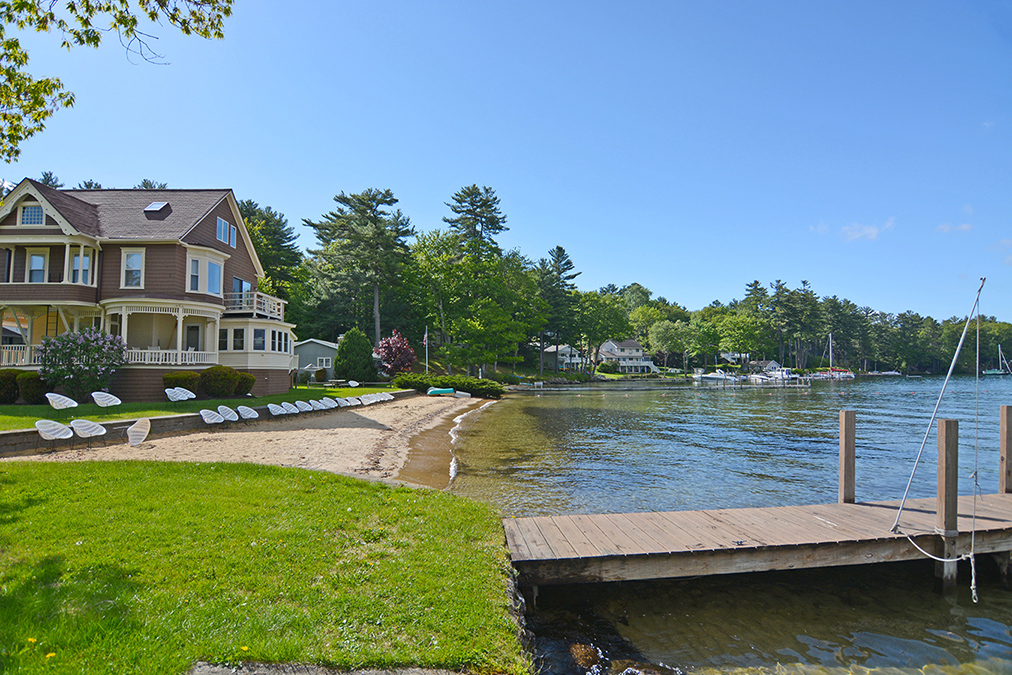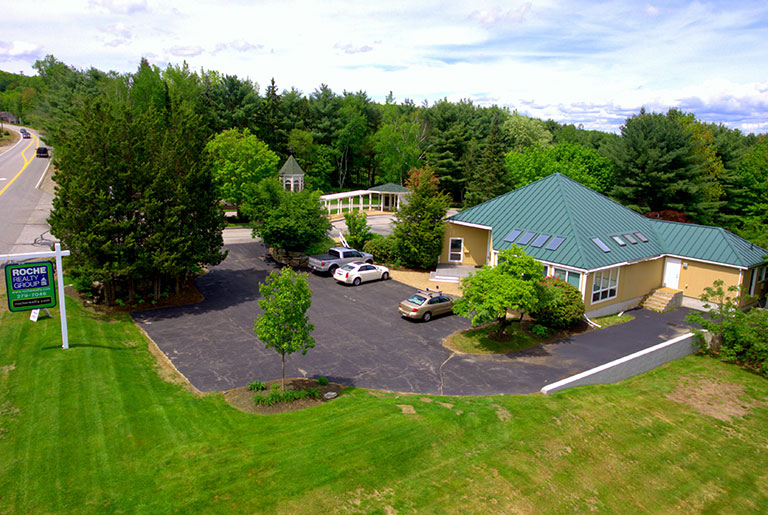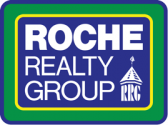We’ve had an interesting late spring and summer season this year with lots of weekend rain for the first 13 weeks, followed by hot sunny days and moderate drought conditions throughout the Lakes Region. The lake temperatures have risen, and the lake levels have dropped, due to the lack of rain.
It’s a good time to reflect on the importance of our lakes and maintaining the quality and clarity they are known for. New Hampshire has approximately 800 lakes and ponds and 19,000 miles of rivers and streams. Roughly 1/16 of New Hampshire is covered by water, much of it contained in the Lakes Region with 273 lakes, ponds, and rivers. The New Hampshire Department of Environmental Services (NHDES) does a remarkable job monitoring the water quality in our state, lakes, ponds, and rivers, and protecting these water bodies. They also rely on citizen science volunteers to fulfill their mission.
There are 34 land conservation organizations and 279 environmental organizations in New Hampshire. The Lakes Region Conservation Trust alone has conserved nearly 24,000 acres, 33 miles of shoreline, 19 summits, and 85 miles of hiking trails.
Residents, second homeowners, tourists, and vacationers all recognize the vital role our natural resources play in our region. They serve as the foundation of our economy. We can all agree that our lakes create the fabric of our quality of life, which is why it’s so critical to protect the lakes we love.
Throughout the Lakes Region, numerous associations and organizations are working toward the same goal: protecting our beloved lakes. Through monitoring, education, science, and restoration, these programs do an incredible job of executing improvements to maintain our water quality at a high standard. They rely solely on memberships, donations, and grants to keep moving forward. Many of us have our favorite lakes; it’s crucial for us to support these associations and organizations.
Here are just some of the local organizations to consider joining, volunteering with, or donating to. These public, nonprofit organizations have worked diligently to restore and preserve the health of our lakes for generations to come.
The Lake Winnipesaukee Alliance (LWA) is a non-profit organization with a mission to protect the water quality and natural resources of Lake Winnipesaukee, NH’s largest lake, and its watershed. They achieve this mission through monitoring, education, stewardship, and science-guided lake management approaches. LWA works to identify and mitigate threats to water quality, striving for a cleaner and enjoyable lake for people to enjoy for a long time to come. The association’s mapping of sampling sites for water quality & their apps to supply water data is state-of-the-art.
NH LAKES is an organization in Concord, New Hampshire, diligently working to restore and preserve the health of the state’s lakes. They emphasize the importance of clean and healthy lakes for the well-being of residents, the local economy, and the region’s culture, as well as the wildlife that relies on these bodies of water. NH LAKES works through several key strategies, such as advocacy, collaboration, teamwork, community building, and education, to promote clean, healthy lakes. Their innovative Lakesmart: A Lake-Friendly Living Program has made a big impact.
I consistently receive email updates from this well-run association in Hebron. Newfound Lake, known for its eight natural springs, consistently ranks as the cleanest water body in New Hampshire. Protecting the Lake and its watersheds is the association’s mission. Through education programs and collaboration, the program promotes the conservation and preservation of the region’s natural resources. Their education and support programs are dynamic, and their constant contact and alert systems are state-of-the-art.
This nonprofit 501(c) association, established in 1905 and located in Holderness, NH, is dedicated to conserving the natural beauty, peaceful character, and resources of the watershed for the public’s benefit on NH’s 2nd largest lake. They promote the protection, responsible use, and enjoyment of the lakes, mountains, forests, open spaces, and wildlife in the Squam Lake Region. They offer a variety of outdoor programs, informative speaker series, and annual events. They operate the Squam Lakes Association resource center on Route 3. The association’s focus includes mitigating lake pollution, water level maintenance, boat safety, and navigation education.
This nonprofit, primarily a volunteer organization, was launched in 2017 with a mission to preserve and protect Lake Winnisquam, New Hampshire’s 4th largest lake, for future generations. Their program includes water quality monitoring, prevention and control of invasive species, watershed management initiatives, education, and advocacy. The blog on the website keeps you informed about all issues related to the Lake. The association has made solid progress in keeping everyone informed and implementing vital programs and oversight.
The Windy Waters Conservancy (WWC), also known as the Waukewan Shore Owners Association, is a 501(c)(3) charitable organization with a mission to protect and preserve the water bodies and natural habitats in the Lake Waukewan Watershed. They aim to safeguard the ecology and scenic beauty of several lakes and ponds while addressing various forms of pollution. They focus on managing stormwater runoff, conservation projects, and monitoring activities- like the Lake Host initiative and water sampling.
The New Hampshire Department of Environmental Services Volunteer Lake Assessment Program (VLAP) trains volunteers to monitor lake water quality throughout the state to establish long-term water quality trends and aid in local and state management decisions. Like all the lake associations, VLAP relies on memberships, contributions, and gifts to ensure the lake quality stays pristine.
This organization engages with individuals who are concerned about the Lake’s well-being. They provide updates on water quality and invasive plants. The association collaborates with NH DES to monitor sound land use practices.
This establishment aims to support environmental conservation in the Lake Kanasatka watershed area. The association was delighted to share the Lake Kanasatka watershed-based Management Plan conducted by FB Environmental Associates, which offered valuable insights into the factors influencing cyanobacteria blooms and water quality. The Town of Moultonborough, along with numerous financial contributions, made this endeavor feasible. The association’s website, which is very informative, newsletter, and report emphasize that extreme weather events, like heavy rainfall and warmer water, lead to increased nutrient runoff into the Lake, and outdated septic systems can exacerbate issues related to algae blooms, and they are putting in considerable effort to reduce or eliminate these threats.
The primary mission of the Merrymeeting Lake Association is the preservation and protection of Merrymeeting Lake and its surrounding watershed. Their informational booklet emphasizes the crucial aspects of maintaining water quality, preventing pollution, responsible land use, and effective shoreline management to preserve the lake’s pristine condition. The association initiated a watershed conservation fund, which supports programs like the Lake Host Program and expanded their online presence by adding a webcam and organizing community activities, publishing newsletters, and maintaining a Facebook page. The Southeast Land Trust has done a remarkable job conserving forested hills surrounding Merrymeeting. Additionally, the NH State Fish Hatchery, located nearby on Merrymeeting Road in New Durham, plays a significant role in hatching and raising fish, distributing nearly a million trout each year to various lakes, ponds, and rivers.
Ensuring our lakes stay healthy and pristine is a top priority. With the local lake association’s growing volunteer engagement and their remarkable efforts, it’s a meaningful opportunity to consider making a valuable contribution this year. We invite you to think about becoming a member and actively participating in preserving the health of our lakes, ensuring they remain a source of enjoyment for future generations.

This article was written by Frank Roche. Frank is president of Roche Realty Group located in Meredith, NH, and can be reached at (603) 279-7046. Please feel free to visit www.rocherealty.com to learn more about the Lakes Region and its real estate market.
